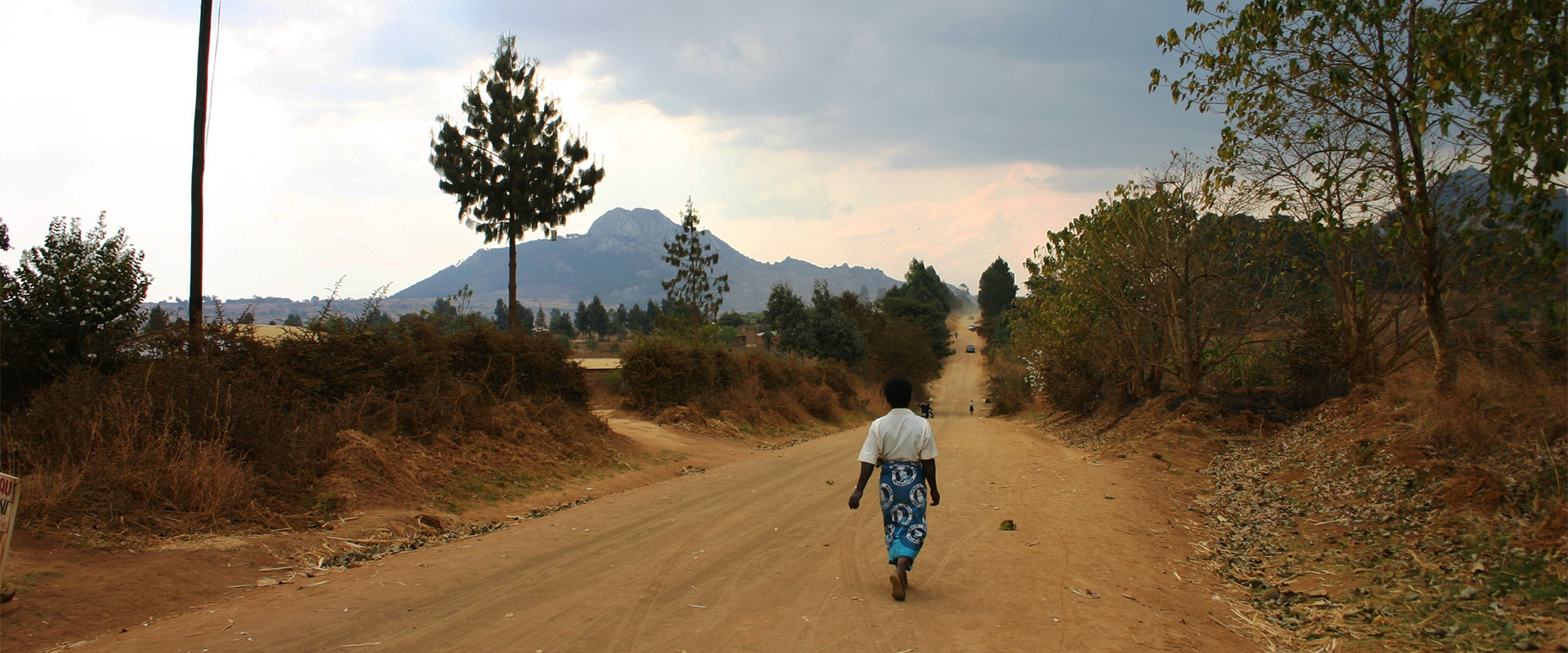The High Court in Malawi has ruled that adolescent survivors of sexual violence have the right to access abortion services in both public and private health facilities. Previously, abortion was only legally permitted to save a pregnant person’s life.
Ipas Malawi welcomed this landmark decision affirming the right of women and girls to sexual and reproductive health. This win is the result of relentless advocacy by Ipas and partner organizations in a country that has one of the most restrictive abortion laws in Africa, despite unsafe abortion accounting for 18% of maternal deaths.
“This ruling is a significant milestone in advancing the health and rights of women and girls in Malawi, specifically on access to safe abortion,” said Felix Chinguwo, senior programs advisor for Ipas Malawi. “It reaffirms that every woman and girl deserves the right to make informed decisions about her access to sexual and reproductive health services without fear, stigma, or risk to her life.”
The High Court ruled that:
- Minors (under 18) who are victims of sexual violence and become pregnant have the right to automatically access abortion.
- Forcing a rape survivor who is a minor to continue with such a pregnancy is “harsh and inhumane.”
- Health workers must consider not only physical health but also mental health when treating survivors of sexual violence.
The court ordered the Ministry of Health and the Malawi Human Rights Commission to make it easier for minors who are survivors of sexual violence to access abortion services by updating health guidelines within 180 days, training health-care workers, and strengthening accountability across the health system. Ipas and other COPUA members will now work with the government to update guidelines and train health workers to ensure the mandates of this court ruling become a reality for girls across Malawi.
Court ruling results from strategic work by coalition partners
The case was brought by a 14-year-old rape survivor who was denied an abortion at a local health facility by a clinician who feared prosecution, as there was no immediate threat to her life as required by the Penal Code. Women can face up to seven years in prison for having an abortion—and providers could face 14 years for performing an “unlawful” abortion. The girl later went to a tertiary hospital, where a specialist doctor safely ended the pregnancy after assessing that it endangered her life.
With the support of the Nyale Institute, a member of the Coalition for the Prevention of Unsafe Abortion (COPUA), for which Ipas Malawi serves as the secretariat, she sued the concerned clinician, the Ministry of Health, Blantyre District Council and Malawi Human Rights Commission for violation of her sexual and reproductive health and rights as guaranteed by the Gender Equality Act under Malawian law.
“The decision provides an opportunity to strengthen health systems, reduce unsafe abortions, and ensure that the law protects rather than endangers the lives of women and girls,” added Chinguwo.
Ipas Malawi in the news
Could Malawi’s landmark abortion ruling save lives — and public funds? (Devex)


